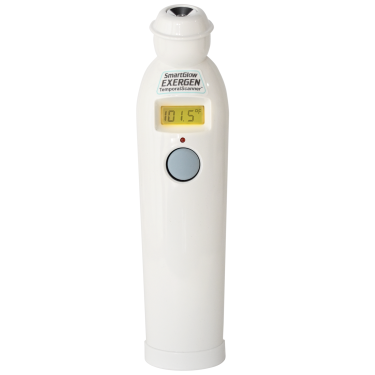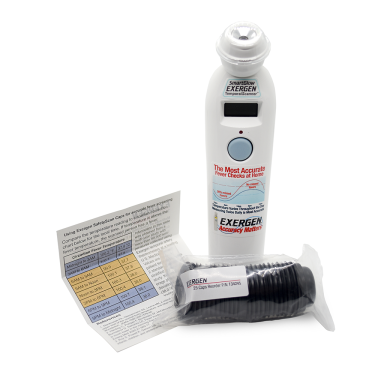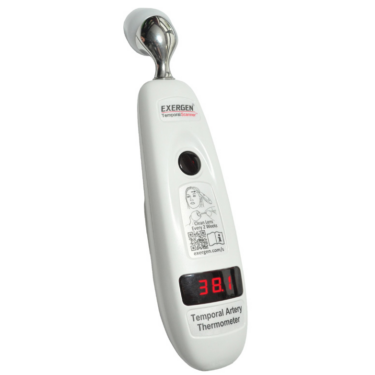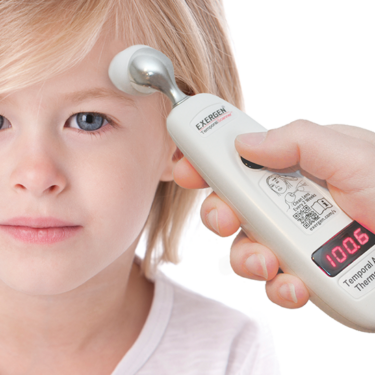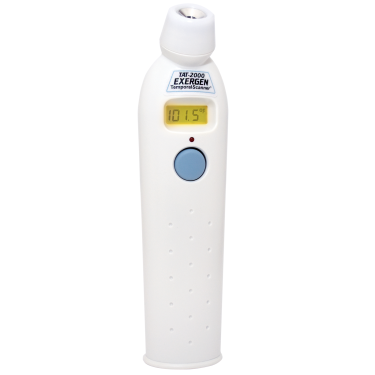When 19-year-old student Ketia Moponda moved into her university dorm, she thought she was simply battling freshers’ flu a mild cough and fatigue. Within days, however, she was found unconscious and diagnosed with meningococcal septicaemia. To save her life, doctors amputated both her legs and all of her fingers. Today, Ketia shares her complete story in the New York Post to warn others of the impact this infection can have if it isn’t caught early.
What is meningococcal septicaemia?
Meningococcal septicaemia is a rare but life-threatening blood infection caused by the bacteria Neisseria meningitidis. It occurs when these bacteria spread into the bloodstream, releasing toxins that damage blood vessels and organs. Unlike a cold or the flu, this illness can develop rapidly and lead to severe complications, including meningitis, sepsis, and even loss of limbs.
Symptoms Include
Because the early signs resemble those of flu, meningococcal disease can be difficult to recognize. Key warning symptoms include:
- Fever and headache
- Nausea and vomiting
- A stiff neck
- Skin rash that looks like bruising or dark pinpoint spots
- Extreme fatigue or confusion
- Sensitivity to light
- Joint or muscle pain
If these symptoms escalate quickly, especially alongside a purplish rash or difficulty staying awake, seek medical attention.
Since fever is one of the symptoms, it is important to take regular temperature checks with thermometers. For example, Exergen’s TAT-2000C Temporal Artery Thermometer is accurate, fast, reliable, easy to use, non-invasive, and requires just a gentle swipe across the forehead by softly touching it.
When to seek medical attention
Students, parents, and anyone living in close quarters, like dorms or barracks should take symptoms of severe flu very seriously. If a fever comes on suddenly, is paired with a rash, or results in drowsiness or confusion, seek medical attention. Minutes matter with meningococcal disease.
How is it treated?
Once suspected, doctors treat meningococcal septicaemia with antibiotics. Additional treatments may include IV fluids, oxygen therapy, or surgery to repair damage to skin and tissue. Acting quickly can make the difference between a full recovery and long-term complications like hearing loss, kidney damage, or amputations.
Can it be prevented?
Vaccination is the most effective line of defense. Several meningococcal vaccines are recommended for teenagers, college students, and those at higher risk. Preventive measures such as not sharing drinks, practicing good hand hygiene, and avoiding close contact with sick individuals also reduce the risk.
Ketia’s journey is a reminder that resembles the flu may be something more serious.
Source,
- The New York Post, https://nypost.com/2025/09/19/world-news/college-student-had-both-legs-amputated-after-deadly-diagnoses/
Exergen P/N 850545
